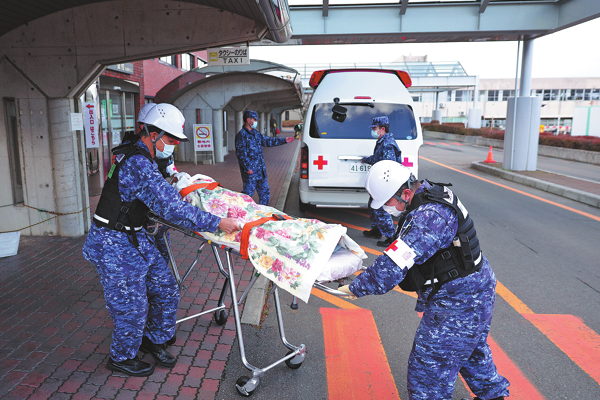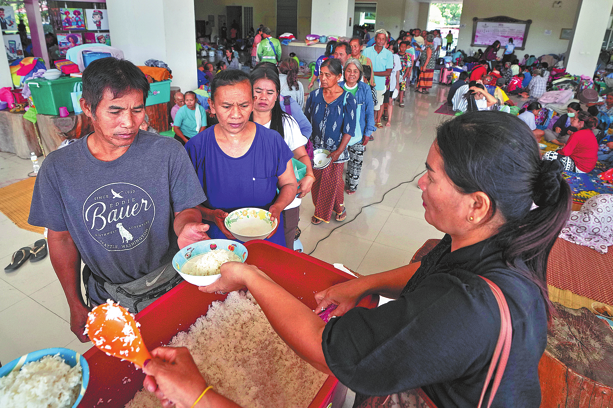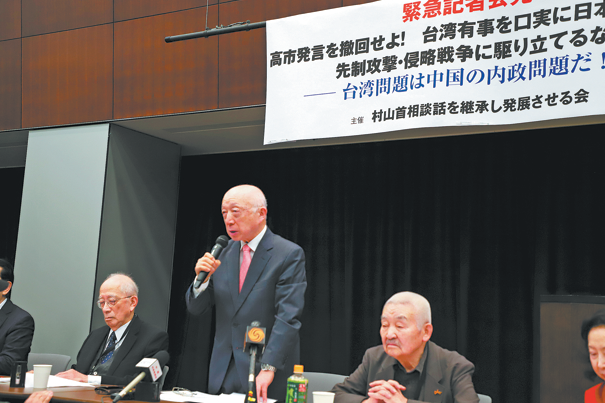Argentine financial markets crashes

Deep in Argentina's popular beachside resort town of Mar del Plata, shopowner Fabian Cedron has been worried about his future. His stress levels spiked on Monday, when Argentina's financial markets crashed in spectacular fashion and sent waves of fear across financial markets.
"I had to raise my prices 20 percent on Monday. Everything got more expensive. It's crazy," Cedron said. "You probably can't even understand what it means for prices to go up 20 percent in a day."
Cedron runs a sporting goods store where most of his wares are imported, which means they are purchased in dollars but sold in Argentine pesos, a currency that lost a quarter of its value in a few hours on Monday and today is worth half of what it was a year ago.
The crash was caused by a surprise result on Sunday in a first round of presidential elections that handed a surprisingly strong victory to left-of-center presidential candidate Alberto Fernandez and his running mate Cristina Fernandez; she is no relation to the candidate but is a populist and divisive former president.
General vote
A general vote will take place on Oct 27 and a runoff, if needed, is scheduled for Nov 24. If elected, Fernandez is widely expected to roll back unpopular austerity measures brought in by incumbent President Mauricio Macri as part of an effort to get the country back into the good graces of international investors.
That Fernandez looks like a shoo-in to be the next president was enough to spook the financial world. The risk between now and October is that the turmoil in the second-largest economy in Latin America could last for the next couple of months and perhaps even longer. Worse, the turmoil could spread to neighboring economies.
"What happened is that there was a surprise result in a vote where most in the market thought that the current president would win, and now, it seems that the opposition will enjoy a strong victory," said Miguel Angel Boggiano, CEO of Carta Finaciera, an investment consultancy.
"Financial markets have no faith in opposition parties and they doubt they can perform a refinancing of the big debt Argentina has. Consequently, there was a massive sell-off of Argentine stocks, bonds and the peso," he said.
There are already signs of contagion. The Chilean peso went through minor turbulence in reaction to the crash in Argentina. At the same time, Johns Hopkins economist Steve Hanke called for Colombia to peg its currency to the dollar following the crash. The Colombian peso has lost one-fifth of its value this year.
Global financial markets still remember that Argentina defaulted on its debt in 2001 and had endured a steady stream of economic crises going back a century. Whoever wins the election has few economic choices.
"If there is no agreement with the International Monetary Fund there is no economy," Alberto Bernal, global strategy director at XP Investment Bank, said. Argentina is the recipient of the institution's largest loan ever - $57 billion. Should future tranches of those funds fail to be delivered, Argentina could default again.
The results on Sunday were so far from what pollsters expected that Argentine financial markets crashed spectacularly the next day. The valuation of the stock market fell by 48 percent and some companies lost half of their market capitalization.
The author is a freelancer for China Daily.






























